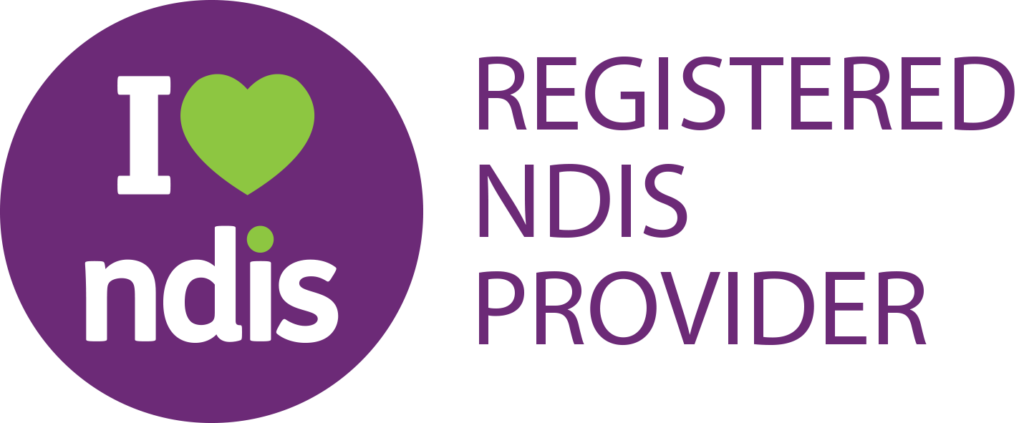Benefits of Early Childhood Intervention:
Research has demonstrated that early intervention can lead to significant improvements in a child's developmental trajectory. For instance, the Abecedarian Early Intervention Project, a controlled study initiated in 1972, provided intensive early education to children from low-income families. The findings revealed that participants exhibited enhanced cognitive abilities, higher academic achievement, and greater educational attainment compared to those who did not receive the intervention. These outcomes underscore the long-term advantages of addressing developmental issues during the critical early years.
Accessing Early Childhood Intervention Services:
In the United States, the Individuals with Disabilities Education Act (IDEA) mandates that states offer early intervention services to eligible infants and toddlers. Parents or caregivers who have concerns about their child's development can contact their state's early intervention program to request an evaluation. A doctor's referral is not necessary for this process. For residents of Kansas, reaching out to the state's early intervention program can provide guidance on eligibility and available services.


